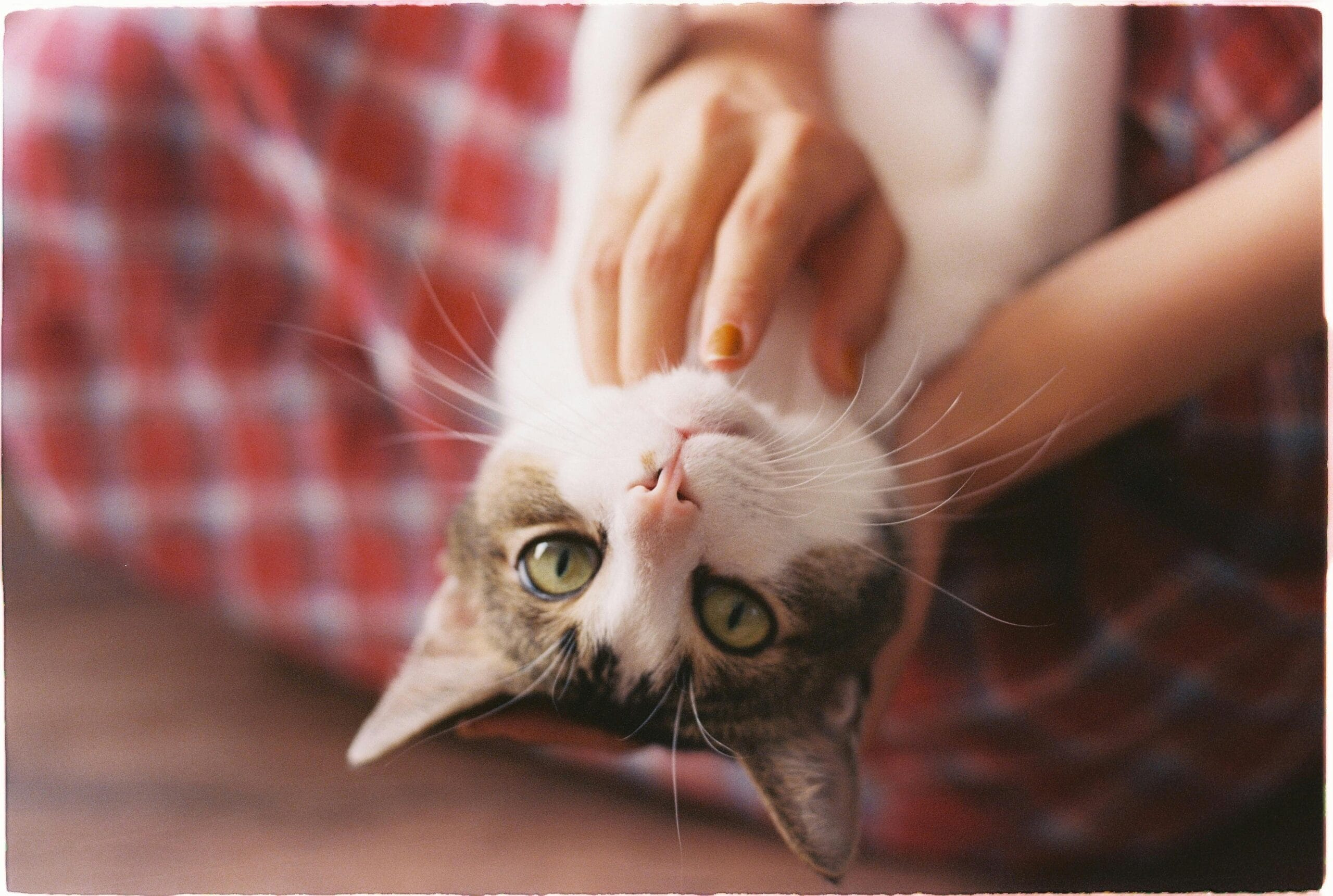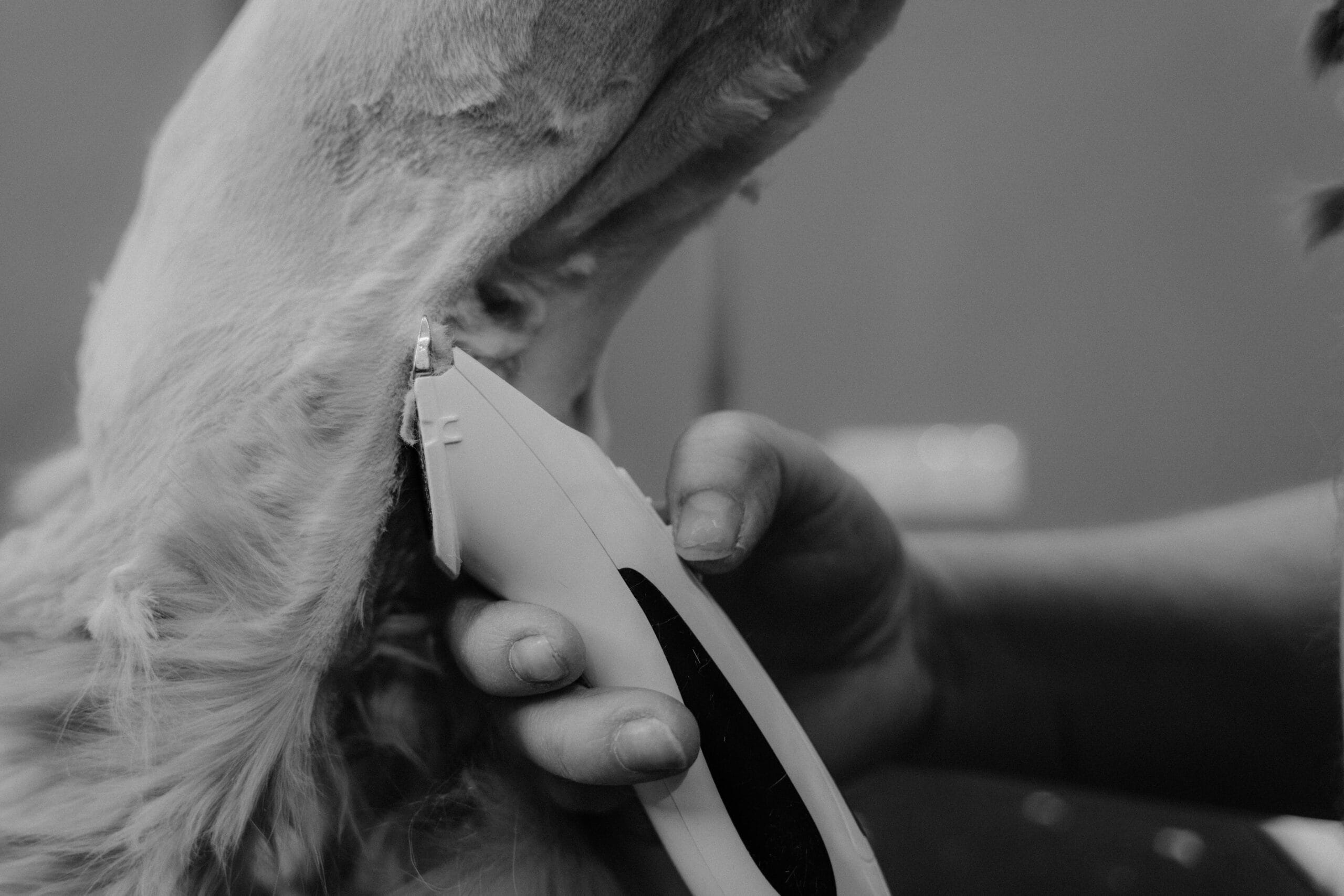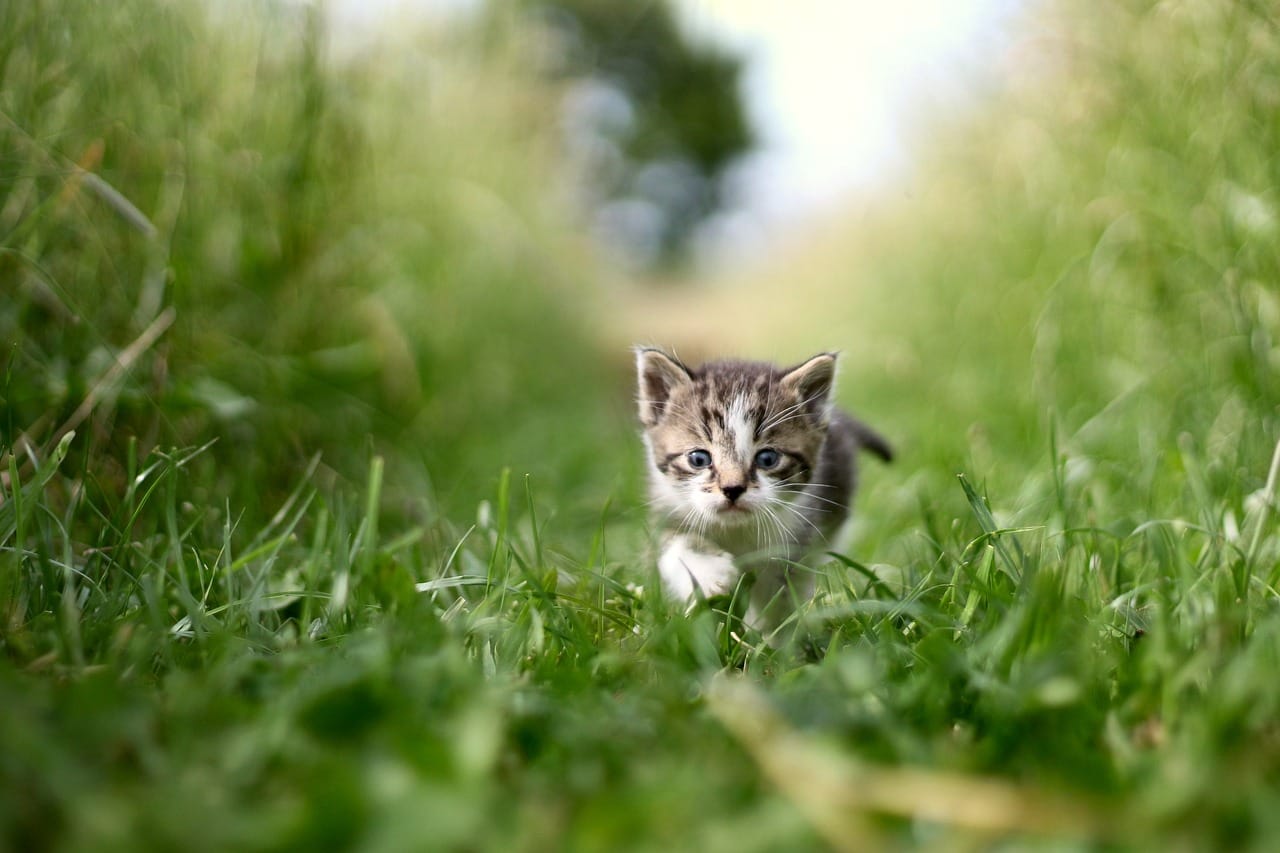Is Catnip Safe For Kittens? Discover safe catnip dosage for kittens & learn about potential side effects. Get expert advice to ensure your kitten’s playtime is fun and safe!
Is Catnip Safe For Kittens? A Comprehensive Guide
The enchanting allure of catnip is undeniable for many adult cats. But what about our fluffy little kittens? Is catnip safe for kittens? This is a question many new cat owners have, and rightfully so. While catnip offers a fun and harmless experience for most adult felines, the effects on kittens can be a bit more unpredictable. This comprehensive guide delves into the safety of catnip for kittens, exploring appropriate dosages, potential side effects, and answering your burning questions. We’ll help you navigate the world of catnip and ensure your kitten’s wellbeing.
Understanding Catnip and Its Effects
Catnip, derived from the Nepeta cataria plant, contains nepetalactone, a chemical compound that triggers a euphoric response in many cats. This reaction, characterized by playful antics, rolling, and sometimes even vocalizations, isn’t addictive and generally wears off after a short period. However, the sensitivity to catnip varies greatly between cats. Some cats are completely unaffected, while others exhibit a dramatic response. The age of the cat also plays a significant role.
While adult cats generally tolerate catnip well, the impact on kittens can be different. Their developing nervous systems might react differently to nepetalactone, making it crucial to approach catnip introduction with caution. Before even considering introducing your kitten to catnip, remember to kitten-proof your home. It might sound trivial, but securing your home is crucial for a happy and safe environment, you can find more information on how to do this here: https://themonstercat.com/how-to-kitten-proof-your-home/ This will minimize the risks associated with a hyperactive kitten on catnip.
When Can Kittens Have Catnip?
The general recommendation is to wait until your kitten is at least six months old before introducing them to catnip. By this age, their nervous systems are more developed, and they are less likely to experience adverse reactions. Before you introduce your kitten to catnip, it’s worth considering when they might be considered a cat versus a kitten. You can find out more about this important milestone here: https://themonstercat.com/when-do-kittens-become-cats/ Remember, every kitten is unique, and some might be more sensitive than others.
Catnip Dosage Kittens: Less is More
Even for older kittens, moderation is key. Catnip dosage kittens should be significantly less than what you’d give an adult cat. Start with a tiny amount, perhaps just a pinch of dried catnip or a brief sniff of a catnip toy. Observe your kitten closely for any signs of unusual behavior. If they show no interest, there’s no need to press the issue. Forcing a kitten to interact with catnip can lead to unnecessary stress and potentially negative associations. Overdosing, even with a seemingly harmless substance like catnip, should be avoided.
Kitten Catnip Side Effects: What to Watch For
While generally safe, kitten catnip side effects can occur in sensitive individuals. These can include:
- Excessive hyperactivity
- Vomiting
- Diarrhea
- Restlessness
- Increased aggression (rare)
If you observe any of these side effects, discontinue catnip use immediately and consult your veterinarian. They can assess your kitten’s health and advise on the best course of action. Remember, early intervention is crucial if your kitten has a negative reaction to catnip.
It’s also important to consider the overall wellbeing of your kitten. If you are unsure about anything related to your kitten’s health or behaviour, always consult your vet. Sometimes kittens can exhibit unusual behaviour for a number of reasons, such as hissing at other kittens. For more advice on this, you can read our article: https://themonstercat.com/why-do-cats-hiss-at-kittens/
Alternatives to Catnip for Kittens
If you’re hesitant about introducing catnip to your kitten, several alternatives can provide similar entertainment. Interactive toys, puzzle feeders, and scratching posts can all offer stimulating play and keep your kitten entertained. These activities contribute positively to their overall physical and mental wellbeing.
Many cat owners find that catnip can be a great stress reliever and a way to bond with their cats. However, it’s crucial to remember that spaying or neutering your kitten is vital for their health and wellbeing. You can find more information on when this procedure should be done here: https://themonstercat.com/when-can-kittens-be-fixed/
Frequently Asked Questions (FAQs)
Q: Can I give my kitten catnip every day?
No. Even if your kitten tolerates catnip well, it shouldn’t be given daily. Too frequent exposure can lead to tolerance, diminishing the effects. Consider offering it as an occasional treat, perhaps once or twice a week, and always in moderation.
Q: What if my kitten doesn’t react to catnip?
Not all cats react to catnip, and it’s perfectly normal. Many cats simply aren’t sensitive to the nepetalactone in the plant. There’s no need to worry if your kitten doesn’t show any interest; there are plenty of other ways to keep them entertained.
Q: Where can I find safe catnip for kittens?
Look for organic, pesticide-free catnip from reputable pet stores or online retailers. Avoid catnip products that contain additives or other potentially harmful substances. Check the packaging for purity and any warnings before buying.
Q: My kitten ate a lot of catnip, should I be concerned?
If you suspect your kitten has ingested a significant amount of catnip, monitor them closely for any signs of distress such as vomiting, diarrhea, or unusual behavior. If you observe any concerning symptoms, contact your veterinarian immediately. Prevention is always better than cure when it comes to your pet’s health.
Should You Give Catnip to Your Kitten? A Balanced Perspective
The decision of whether or not to give catnip to your kitten is ultimately yours. Weigh the potential benefits against the risks, and always prioritize your kitten’s safety and well-being. Remember that while catnip can be a fun and enriching experience for many cats, it’s not essential for a happy and healthy feline life. If you’re unsure, consulting your veterinarian is always recommended. It’s also advisable to start very slowly and gradually, carefully observing your kitten’s reaction at every stage.
For further reading on the topic of kitten catnip, we recommend checking out these resources: Cornell Feline Health Center’s article on Catnip and ASPCA’s article on Catnip. Both these resources provide valuable information from credible sources.
For a more detailed exploration of kitten-specific catnip use, you may find this article helpful: https://themonstercat.com/can-a-kitten-have-catnip/
Share Your Experience!
Have you introduced catnip to your kitten? Share your experiences, tips, and advice in the comments below. Let’s build a community of informed cat owners who can learn from each other’s successes and challenges regarding Is catnip safe for kittens, catnip dosage kittens, and kitten catnip side effects. Your insights are valuable and could help other cat owners navigate this topic with confidence.

Frequently Asked Questions: Catnip and Kittens
- Is catnip safe for kittens?
- Generally, yes, catnip is safe for kittens, but Is Catnip Safe For Kittens depends on their age. Wait until your kitten is at least 3-6 months old before introducing it. Younger kittens may not react at all.
- At what age can I give my kitten catnip?
- It’s best to wait until your kitten is at least 3-6 months old. Before that, their bodies might not be ready to process it, and there’s a greater chance of unwanted reactions.
- What is the correct Catnip Dosage Kittens?
- There’s no strict Catnip Dosage Kittens. Start with a tiny amount – a pinch – and observe your kitten’s reaction. Increase gradually if needed. Less is more, especially initially.
- What are the signs of a negative reaction to catnip in kittens?
- While rare, some kittens might experience mild digestive upset like vomiting or diarrhea after catnip. Excessive hyperactivity or agitation is also possible. If you see anything concerning, stop immediately and consult your vet.
- My kitten didn’t react to catnip. Is that normal?
- Yes, it’s perfectly normal. Not all cats react to catnip, and the reaction can vary greatly even between siblings. Genetic factors play a significant role.
- What are the common Kitten Catnip Side Effects?
- Most Kitten Catnip Side Effects are mild and temporary, such as increased playfulness, rolling, or rubbing. Some kittens may experience mild digestive issues. Severe reactions are uncommon.
- Can catnip be addictive for kittens?
- No, catnip is not considered addictive for kittens or cats. The effects are temporary, and there’s no risk of physical dependence or withdrawal.
- How should I introduce catnip to my kitten?
- Start with a small amount, ideally dried catnip leaves or a catnip toy. Observe your kitten’s response closely. Don’t force your kitten to interact with it.
- Is organic catnip better for kittens?
- Organic catnip is generally considered safer, as it avoids potential pesticide exposure. However, any catnip should be free of harmful chemicals and pesticides.
- My kitten seems overly agitated after catnip. What should I do?
- If your kitten is excessively agitated or showing unusual behavior, remove the catnip immediately and provide a calm, quiet environment. If the behavior continues or worsens, contact your veterinarian.

Is Catnip Safe For Kittens? A Guide for New Cat Owners
The adorable antics of a kitten reacting to catnip are often a source of amusement for cat owners. But is it safe for them? The short answer is: generally yes, but with some important caveats. While catnip is non-toxic to cats, including kittens, its effects can vary widely depending on the kitten’s age and sensitivity. It’s crucial to understand that kittens are still developing, and introducing catnip too early might be overwhelming.
Many owners wonder when to introduce catnip. A good rule of thumb is to wait until your kitten is at least 6 months old. Before then, they are still very young and their bodies are not fully developed. Learning more about when kittens become cats can help you understand their developmental stages and determine the appropriate time to introduce catnip.
Even when your kitten reaches 6 months, introduce catnip gradually. Start with a small amount and observe their reaction. Some kittens may show no interest at all, while others might exhibit mild euphoria, playful behavior, or even mild sedation. A strong reaction might involve increased activity and vocalization. If your kitten seems overwhelmed or distressed, stop immediately and try again at a later time with a smaller amount.
Before introducing catnip, ensure your home is kitten-proofed to prevent any accidents during their playful catnip-induced escapades. Kittens can be quite energetic, and catnip can amplify this energy, potentially leading to them getting into mischief if their environment isn’t safe.
It’s also important to consider the overall health of your kitten. If your kitten has any underlying health conditions, it’s always best to consult your veterinarian before introducing catnip. Their advice will ensure you’re making the best decision for your pet’s wellbeing. Similarly, if you notice any unusual or concerning behavior after introducing catnip, consult your vet immediately.
Keep in mind that not all kittens react to catnip. Some may never show any interest, which is perfectly normal. Don’t force it on a reluctant kitten. Furthermore, the age at which a kitten starts reacting to catnip can also vary. If your kitten is still young and not reacting, there’s no need to worry – they might develop a fondness for it later on. You can learn more about feline behavior and why some cats might display aggression towards others, even kittens, by visiting this page on why cats hiss at kittens.
Finally, if you are considering spaying or neutering your kitten, learn more about when kittens can be fixed. This is a separate but important aspect of kitten care and health.
In conclusion, while catnip is generally safe for kittens when introduced responsibly and at the appropriate age (around 6 months), always monitor your kitten’s reaction and consult your veterinarian if you have any concerns. You can find additional resources and information on responsible cat ownership at this helpful resource.

Is Catnip Safe For Kittens, Catnip Dosage Kittens, Kitten Catnip Side Effects